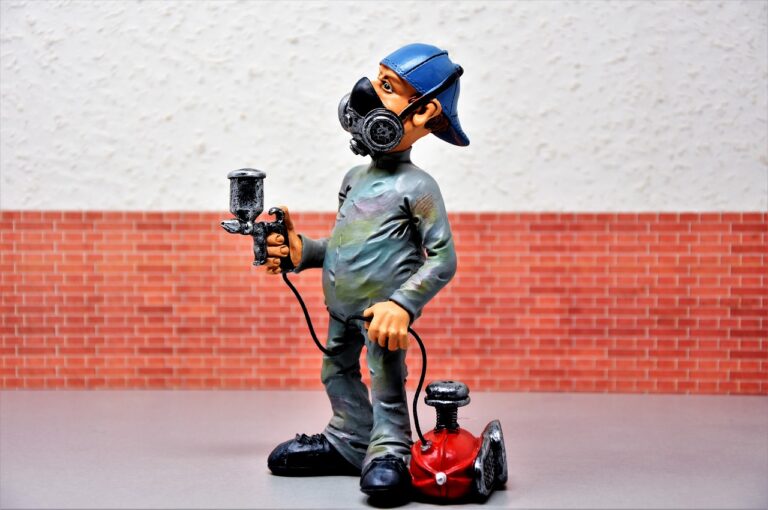The Rise of Sustainable Fashion Cultural Exchange Programs
Sustainable fashion cultural exchange programs offer a unique opportunity for the fashion industry to embrace diversity and promote global collaboration. By facilitating interactions between different cultures, these programs foster a deeper understanding and appreciation for traditional craftsmanship and sustainable practices. Through sharing knowledge and experiences, participants can learn from each other and inspire innovative approaches towards creating a more environmentally conscious industry.
Furthermore, sustainable fashion cultural exchange programs provide a platform for emerging designers and artisans to showcase their talents on an international stage. This exposure not only helps them gain recognition and support for their work but also encourages the preservation of traditional techniques and craftsmanship. By celebrating the cultural richness and diversity within the fashion world, these programs contribute to a more inclusive and sustainable future for the industry.
Understanding the Impact of Fast Fashion on the Environment
The fashion industry’s fast fashion model has significantly impacted the environment. The rapid production and consumption of cheap, trendy clothing contribute to excessive waste generation and water pollution. Many fast fashion items are made from synthetic materials that are not biodegradable, further adding to the environmental burden.
Moreover, the constant demand for new collections leads to increased use of resources like water, energy, and chemicals. This heightened production process releases harmful greenhouse gases into the atmosphere, exacerbating climate change. The cycle of fast fashion perpetuates a throwaway culture, where clothing is discarded after minimal use, resulting in overflowing landfills and additional environmental degradation.
Promoting Ethical Practices in the Fashion Industry
As consumers become more aware of the environmental and social impact of their purchases, there is a growing demand for transparency and accountability in the fashion industry. Promoting ethical practices involves not just addressing issues such as fair wages and safe working conditions, but also ensuring sustainable sourcing of materials and reducing waste throughout the production process. Brands that prioritize ethical practices not only contribute to a more sustainable future, but also build trust and loyalty with their customers.
Collaboration among industry stakeholders is essential for promoting ethical practices in the fashion industry. By working together, brands, manufacturers, and consumers can create a collective impact that drives positive change. Initiatives such as certifications for ethical production, collaborations with ethical designers, and education campaigns for consumers all play a role in shaping a more ethical and sustainable fashion industry for the future.





